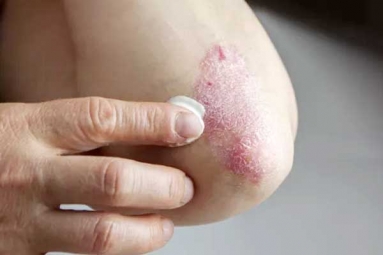
(Image source from: Freepik.com)
Restless legs syndrome (RLS) is a neurological condition that affects the brain and leads to uncomfortable sensations in the legs, particularly at night, disrupting sleep patterns. Deficiencies in vitamins B, C, D, and E are closely associated with RLS. While there is no cure for this syndrome, there are treatments available to help manage its symptoms. Initial research suggests that low levels of certain vitamins, including B, C, D, and E, may be linked to RLS. Experts believe that taking vitamin supplements could potentially alleviate some RLS symptoms. Typically, symptoms of restless leg syndrome start in the late afternoon or evening and become more severe at night. Common symptoms include unpleasant leg sensations, worsening of symptoms during rest or sleep, relief from symptoms when moving the legs, changes in sleep patterns, difficulty concentrating, reduced productivity, mood changes or depression, and daytime sleepiness. Vitamin B deficiency is strongly associated with restless legs syndrome.
Consuming foods rich in vitamins B12 and B6, such as eggs, fish, and fiber-rich vegetables, can help alleviate symptoms. However, taking vitamin B supplements may have side effects. Vitamin D deficiency can disrupt dopamine function, leading to restless legs syndrome. Consuming foods rich in Vitamin D is beneficial for bone strength and the proper functioning of nerves and muscles. However, it is important to be mindful that excessive intake of Vitamin D can have negative effects on health.
For individuals with chronic kidney disease, the risk of developing severe restless legs syndrome is heightened. To safeguard cells from damage, it is recommended to incorporate foods abundant in Vitamin C and Vitamin E into your diet. Nonetheless, caution should be exercised when taking these vitamins alongside certain medications, as they may result in serious side effects. While there is currently no known cure for restless legs syndrome, there are alternative methods to alleviate symptoms. The most suitable treatment will be determined based on the severity of your symptoms. This may involve a combination of vitamin and medication intake, as well as the exploration of home remedies under the guidance of a healthcare professional.






















